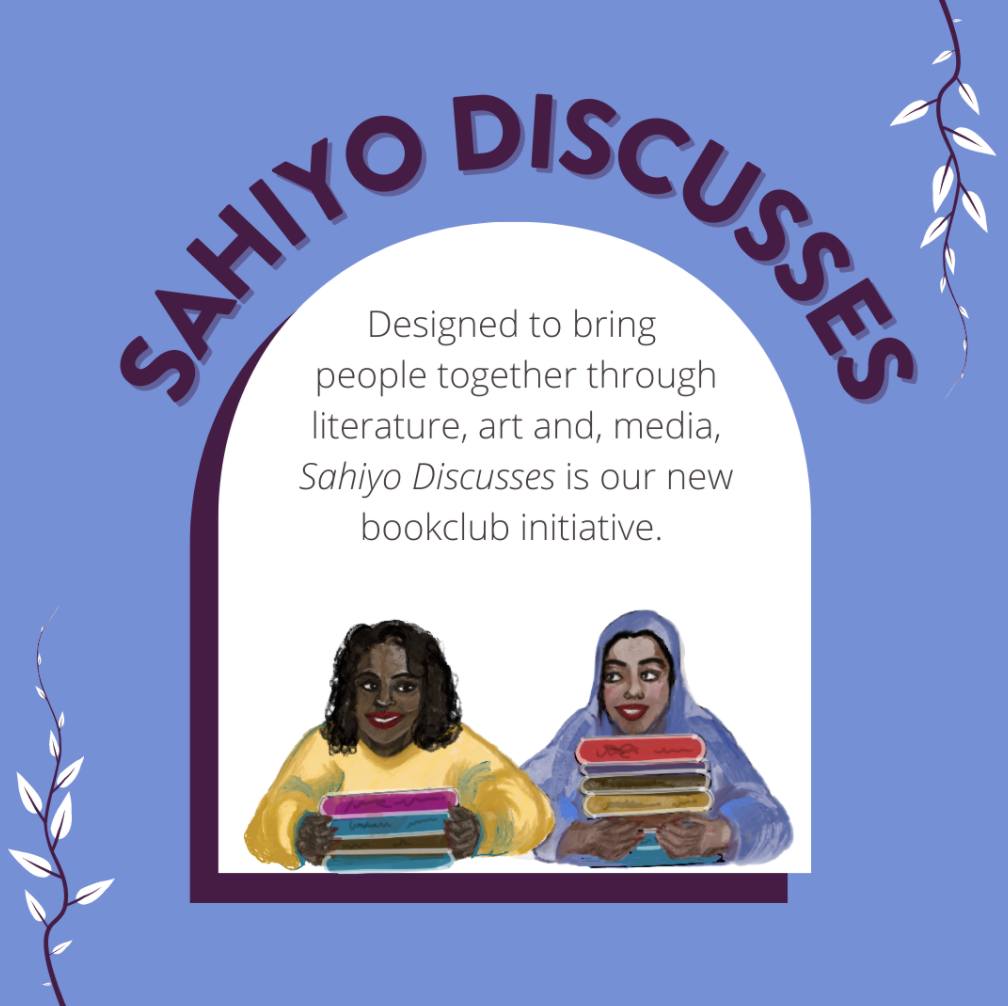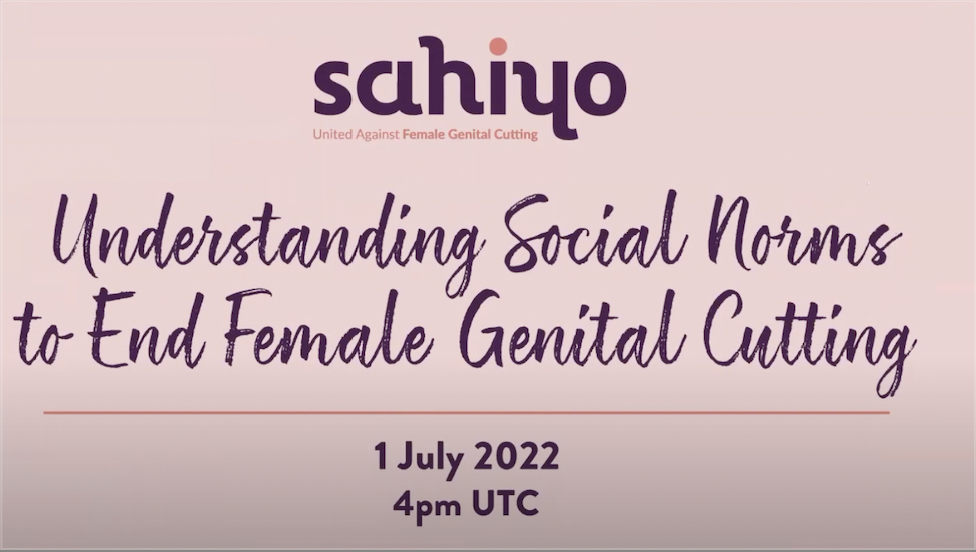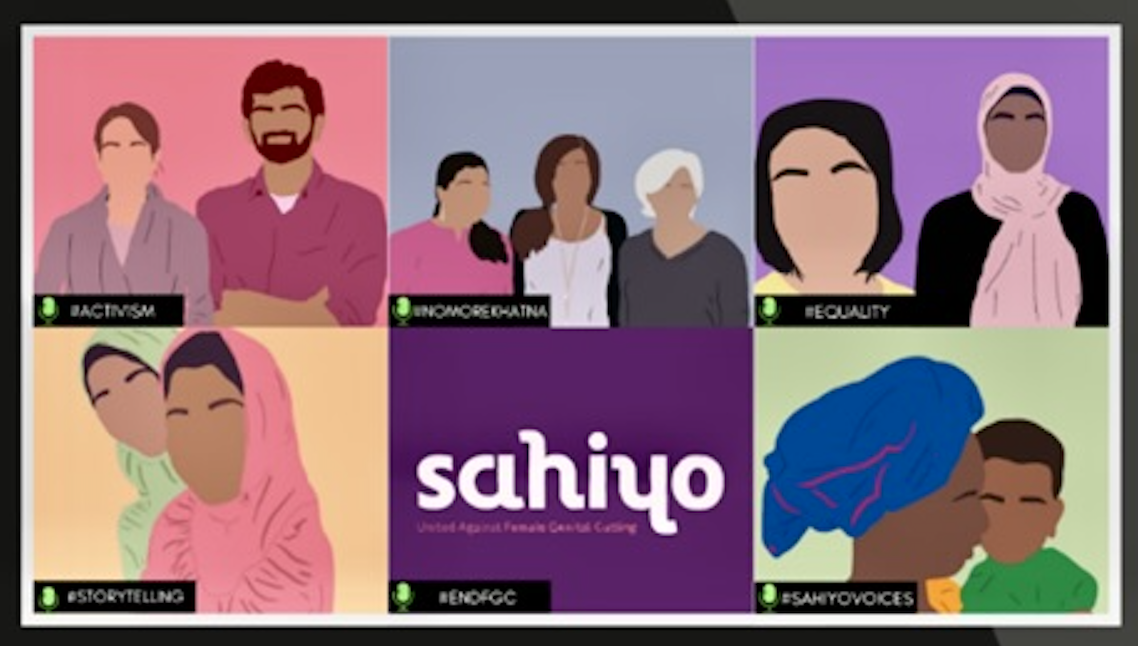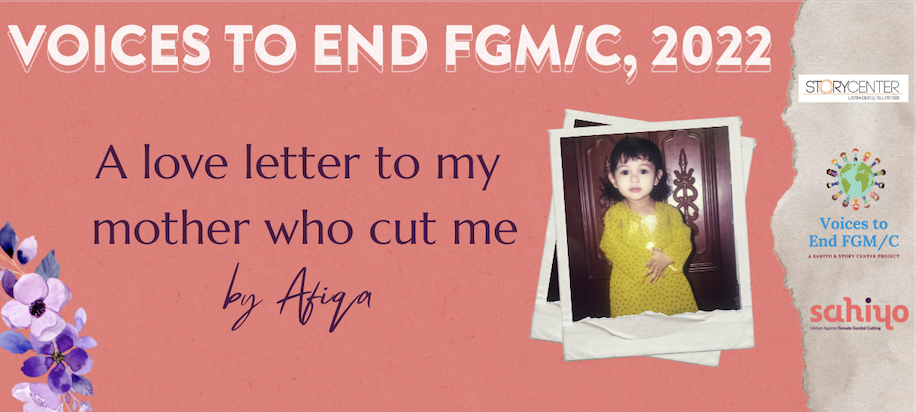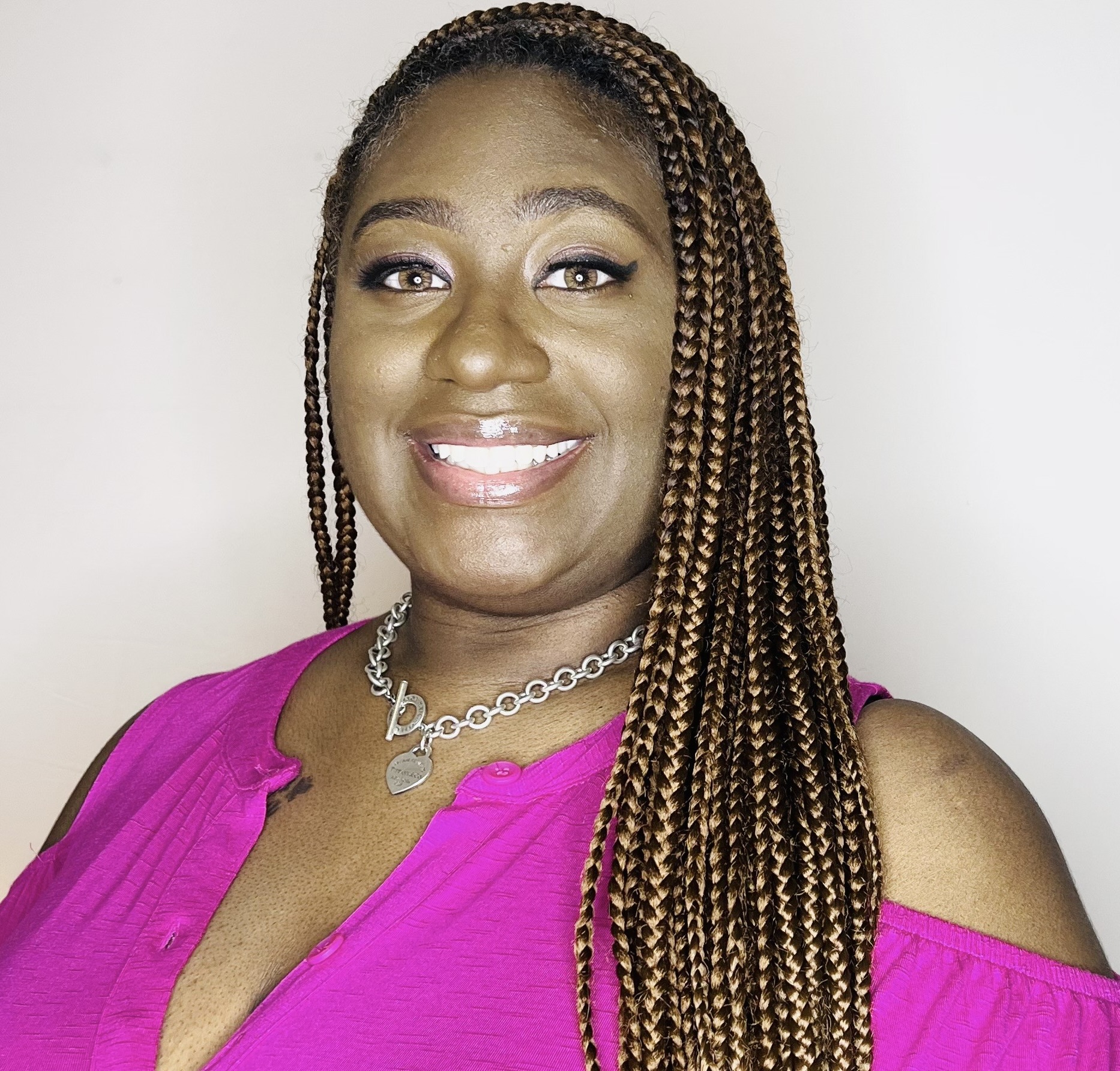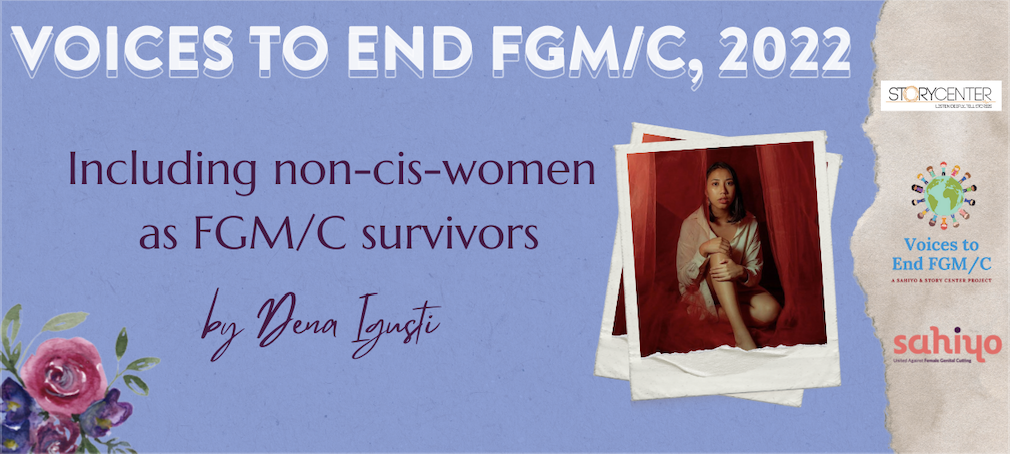Event: Sahiyo Discusses: You Still Look the Same by Farzana Doctor
Date: September 21, 2022
Time: 7:00 PM EST
Registration Link: https://bit.ly/SahiyoDiscusses
Sahiyo invites you to join the next iteration of Sahiyo Discusses!
Designed to bring people together through literature, art, and media, Sahiyo Discusses hosts quarterly meetings with activists and allies in Sahiyo’s network to discuss a chosen piece of media. With themes including feminism, equality, bodily autonomy, women-centered movements, and sexual empowerment, this club will focus on uplifting the stories and experiences of women everywhere.
On September 21, 2022 the group will meet virtually for Sahiyo Discusses: You Still Look the Same by Farzana Doctor. Farzana Doctor is a writer, activist, and psychotherapist. She currently volunteers with WeSpeakOut, a global group that is working to ban female genital cutting (FGC) in her Dawoodi Bohra community, and is a co-founder of the End FGM Canada Network. Farzana is also behind Dear Maasi, a sex and relationships column on Sahiyo’s blog for FGC survivors.
Her newest collection of poetry, You Still Look the Same, is both an intimate deep-dive and a humorous glance at the tumultuous decade of her forties. Through crisp and vivid language, Doctor explores mid-life breakups and dating, FGC, imprints of racism and misogyny, and the oddness of sex and love; she urges us to take a second look at the ways in which human relationships are never what we expect them to be.
Sahiyo Discusses members will have the opportunity to discuss this book with Farzana and ask pertinent questions.
Admission to Sahiyo Discusses is based on a suggested minimum donation of $25.00 USD per event.
Donors who contribute $100 or more will have access to Sahiyo Discusses events for a full calendar year.
If you or anyone in your network is interested in joining us please register and donate here: https://bit.ly/SahiyoDiscusses
Thank you all for your continued dedication to Sahiyo’s mission, and we look forward to seeing you all there!
In Her Own Words: Farzana Doctor’s Full Bio
Farzana Doctor is a writer, activist, and psychotherapist. Her ancestry is Indian, and she was born in Zambia while her family was based there for five years, before immigrating to Canada in 1971.
She became interested in community organizing as a teen (primarily environmental issues, gender violence, and LGBTTTIQ rights). From 2009-18, she curated the Brockton Writers Series and has been a volunteer with The Writers’ Union of Canada and the Writers’ Trust. She currently volunteers with WeSpeakOut, a global group that is working to ban female genital cutting in her Dawoodi Bohra community. Farzana is also behind Dear Maasi, a sex and relationships column on Sahiyo’s blog for FGC survivors. She co-founded the End FGM Canada Network.
She studied social work in the early nineties and has been a social worker ever since. She worked in a variety of community agencies and a hospital before starting part-time private practice, where she sees individuals and couples.
She has been writing all of her life but it became a more regular practice around 2000, when she began writing her first novel, Stealing Nasreen, which was published by Inanna in 2007. Her second novel, Six Metres of Pavement, won a 2012 Lambda Literary Award and was short-listed for the 2012 Toronto Book Award. In 2017 it was voted the One Book One Brampton 2017 winner. Her third novel, All Inclusive was a Kobo 2015 and National Post Best Book of the Year. Her fourth novel, Seven was chosen for many 2020 Best Book lists and shortlisted for the Trillium and Evergreen Awards. Her poetry collection, You Still Look The Same, was just released in May 2022.
While all her books are distinct from one another, some common themes include loss, relationships, community, healing, racism, LGBT rights, diasporic identity, and feminism. She seamlessly blends strong stories with social justice issues.
She has just finished work on a YA novel and is editing a new self-care workbook. She is represented by Rachel Letofsky of CookeMcDermid.
She’s an amateur Tarot card reader and has a love of spirituality, energy psychology, hypnosis, and neuroscience.
She lives with her partner and dog near the lake in South Etobicoke, the traditional territory of the Haudenosauneega, Anishinabek, and Huron-Wendat peoples.

